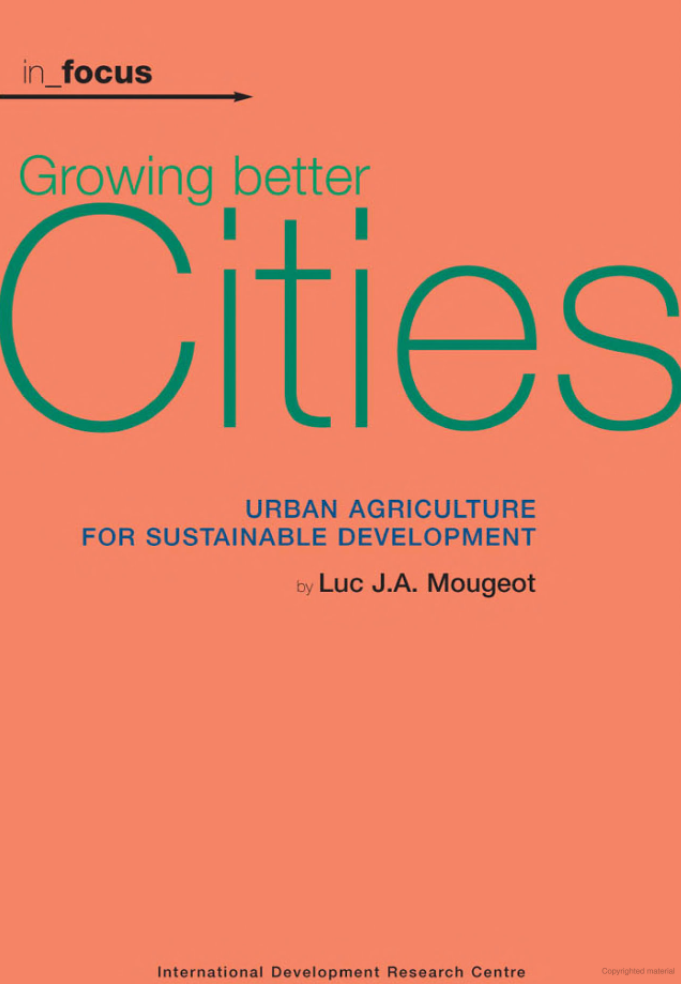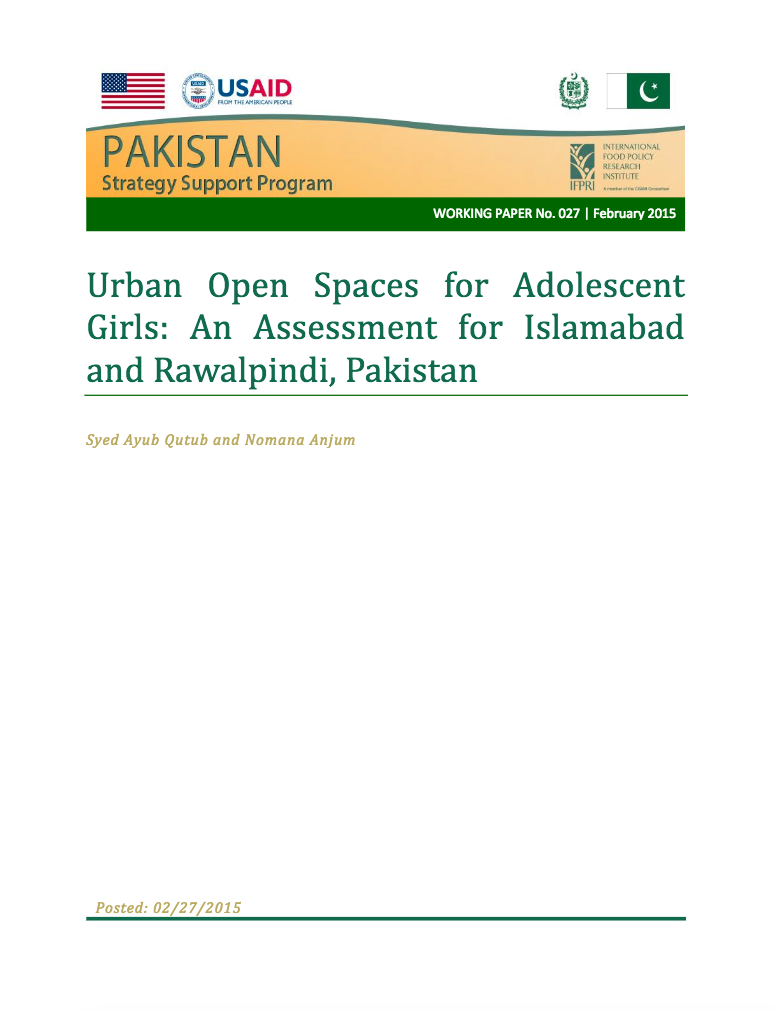Growing better cities
The United Nations predicts that over the next 25 years nearly all population growth will be in the cities of the developing world. At current rates, 60% of the world’s total population will live in cities by 2030. As the cities grow, so does the number of urban poor. Unemployment, hunger, and malnutrition are commonplace. In the big city, most of any cash income the poor might bring home goes to feeding themselves and staying alive; any food that does not have to be bought is a bonus.





